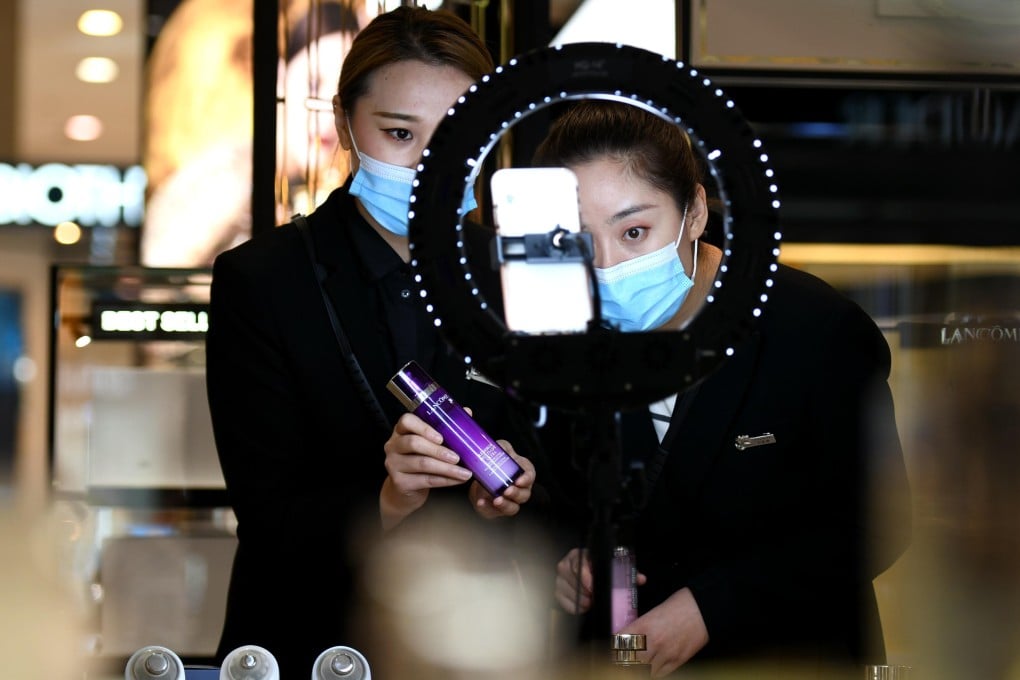Advertisement
Beijing police bust firm stealing data from live-streaming e-commerce apps as China boosts personal information protection under new law
- Chinese data analysis firm Pangqiu was caught illegally using crawler software to siphon data from live-streaming apps
- Following the police action, live-streaming e-commerce influencer Austin Li Jiaqi denied allegations of data manipulation with the aid of firms like Pangqiu
Reading Time:2 minutes
Why you can trust SCMP

Police in Beijing have busted a data analysis company, which ranks Chinese online influencers in sales performance, for illegally using crawler software to steal data from live-streaming apps, ahead of the roll-out on Monday of the country’s new Personal Information Protection Law (PIPL).
The office of data analysis firm Pangqiu, which means “Fat Ball” in Mandarin, was raided by the police on September 15 and some 23 employees were arrested for “illegal acquisition of computer information system data”, according to a police statement and media reports late last month. The Beijing Public Security Bureau did not directly identify Pangqiu, but a Chinese state television report showed the company’s logo and company name.
The police investigation found that Pangqiu sold live-streaming data captured by crawler software, which is used to create entries for a search engine index. The website and WeChat account of the firm, which made more than 400,000 yuan (US$6,243) from its illegal activity, have been inactive since September, according to an online check by the South China Morning Post. Pangqiu could not be reached for comment.
Advertisement
Following that police action, China’s top live-streaming e-commerce influencer Austin Li Jiaqi, also known as the “King of Lipsticks”, on Sunday denied allegations of providing fake traffic numbers and using data manipulation with the aid of firms like Pangqiu.

Advertisement
Li said his own company follows strict data management measures and that it never took part in any manipulation of information related to online sales rankings, according to his company’s post on Chinese microblogging platform Weibo.
The Beijing police’s action and Li’s vehement denial reflect the high stakes involved in Beijing’s crackdown against dubious internet activities and on the PIPL’s restrictions on the collection, use and management of personal data.
Advertisement
Select Voice
Choose your listening speed
Get through articles 2x faster
1.25x
250 WPM
Slow
Average
Fast
1.25x